Overview
Did you know that stomach cancer is becoming more common among young adults?
It's not just older people who get it anymore. Nowadays, more than 30% of cases are young adults. If you often have stomach pains, are losing weight without trying, or feel full quickly after eating a little, it's important to see a doctor. This cancer is now more frequent in people in their 30s, 40s, and 50s, so everyone should be aware.
Have you ever wondered exactly what stomach cancer is?
let's read ahead!
Stomach cancer, or gastric cancer, involves the growth of cancerous cells within the lining of the stomach. These cells can form tumors, disrupt normal stomach function, and spread to other body parts if untreated.
To clarify how stomach cancer affects different age groups, here's a straightforward comparison between younger and older adults:
Aspect | Young Adults vs. Older Adults |
Progression |
|
Symptoms |
|
Health at Diagnosis |
|
Response to Treatment |
|
Risk Factors |
|
Wondering what leads to stomach cancer in young adults?
Causes of Stomach Cancer in Young Adults
The causes vary, including genetics, lifestyle habits, and environmental factors.
- Genetic Factors: Sometimes, the risk of stomach cancer is passed down in families. If stomach cancer runs in your family, it’s good to talk to your doctor about screening tests.
- Lifestyle Choices: Smoking cigarettes, drinking a lot of alcohol, and eating a lot of salty or processed foods can increase your risk of developing stomach cancer. Eating plenty of fruits and vegetables might help lower your risk.
- Environmental Factors: Being around certain chemicals or pollutants at work, like asbestos or heavy metals, might also increase your risk.
- Role of Diet: Eating lots of smoked, salted, or pickled foods can raise your risk, while fresh fruits and veggies can be protective.
- Infections: A common stomach infection called Helicobacter pylori, or H. pylori, can lead to cancer if not treated.
Do you know that stomach cancer is becoming more common among young adults? Studies predict a 30% increase in cases by 2030 for people under 50. This happens due to factors like family history, lifestyle choices (like smoking or diet), and exposure to certain chemicals.
Make sure to keep an eye on your lifestyle and make changes to lower your chances of getting stomach cancer.
Are you paying attention to your body's signals?
Common Symptoms of Stomach Cancer
Sometimes, our bodies give us warning signs that something might be wrong.
Here are some symptoms of stomach cancer that young adults should keep an eye on:
- Persistent Stomach Pain: If you have ongoing pain in your stomach that doesn’t go away, it’s a sign to be concerned.
- Unexplained Weight Loss: Losing a lot of weight without trying can be concerning for many health issues, including stomach cancer.
- Feeling Full: If you start feeling full after eating only a small amount of food, that’s not normal and should be checked out.
- Nausea and Vomiting: Regular nausea or vomiting without a clear cause can also be a symptom to watch for.
- Swelling in the Stomach Area: Any noticeable swelling or bloating in the stomach area that doesn’t go away might be another warning sign.
Did you notice any of these symptoms?
If you notice any of these symptoms, especially if they last more than two weeks, it's important to talk to a doctor. Early detection can make a big difference in treatment options and outcomes.
Diagnosis and Screening
Detecting stomach cancer early can be challenging, but there are several key tests used to diagnose it.
- Endoscopy:
- A thin, flexible tube with a camera (endoscope) is passed down your throat to look inside your stomach.
- Allows doctors to see any unusual areas and take tissue samples if needed.
- Biopsy:
- During an endoscopy, doctors may take a small piece of tissue from the stomach lining.
- This sample is then examined under a microscope to detect cancer cells.
- Imaging Tests:
- Includes CT scans, MRIs, and X-rays.
- These tests help visualize the stomach and surrounding areas for tumours or other signs of cancer.
Remember, you're not alone – support groups, best cancer treatment facilities and a healthy lifestyle can make a big difference.
Currently, there’s no routine screening for stomach cancer in young adults who don't have symptoms. But, if you’re at higher risk—say, if you have a family history of the disease or have been diagnosed with conditions like H. pylori infection—your doctor might recommend regular check-ups or early screening.
It’s a good idea to discuss it with your doctor. They can decide if you need special tests based on your symptoms and family history.
Treatment Options Available for Stomach Cancer
Treatment Type
1.Surgery
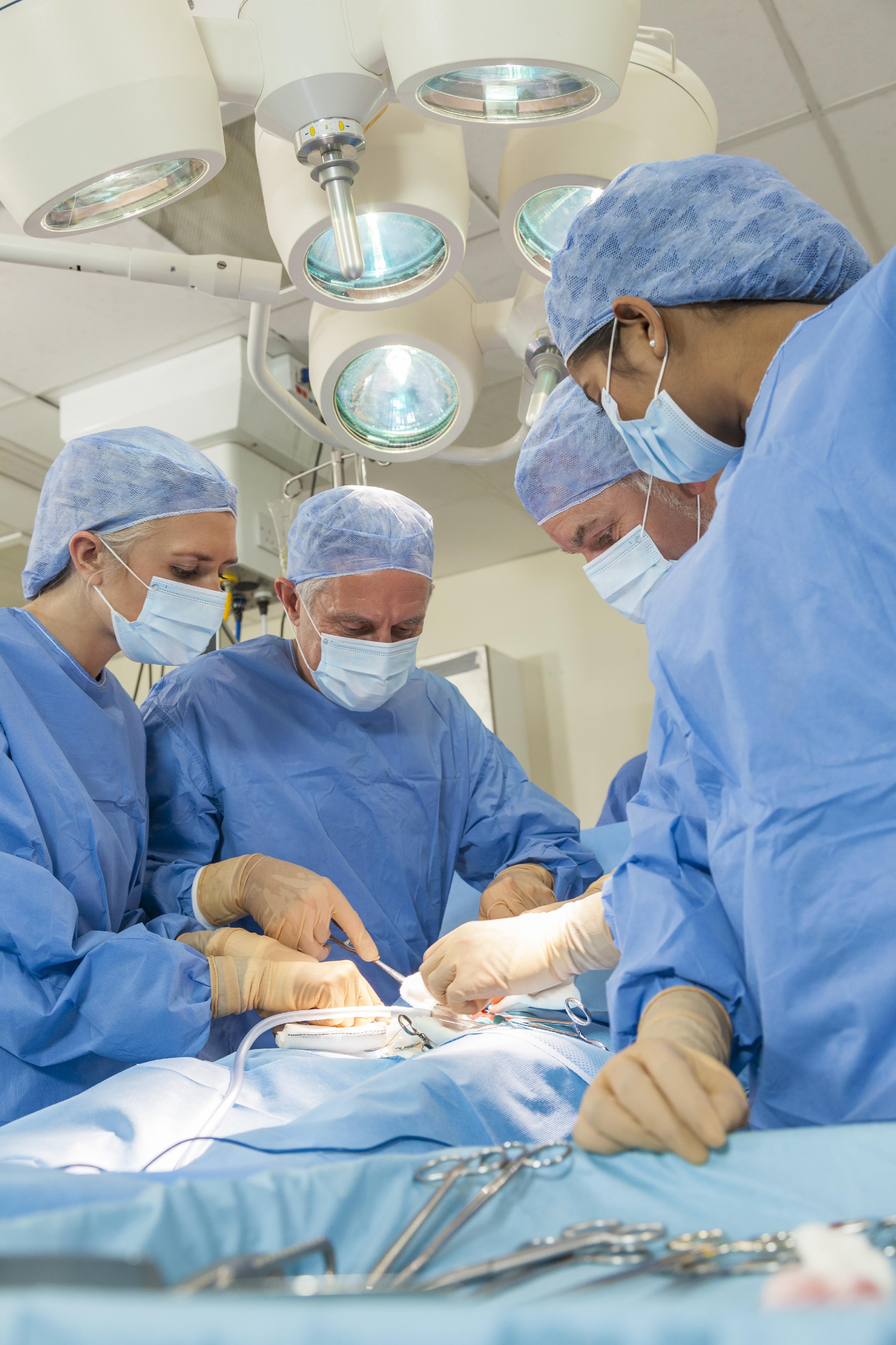
- Removes part or all of the stomach
- Sometimes includes nearby lymph nodes
- Typically performed if the cancer is localized
2.Chemotherapy
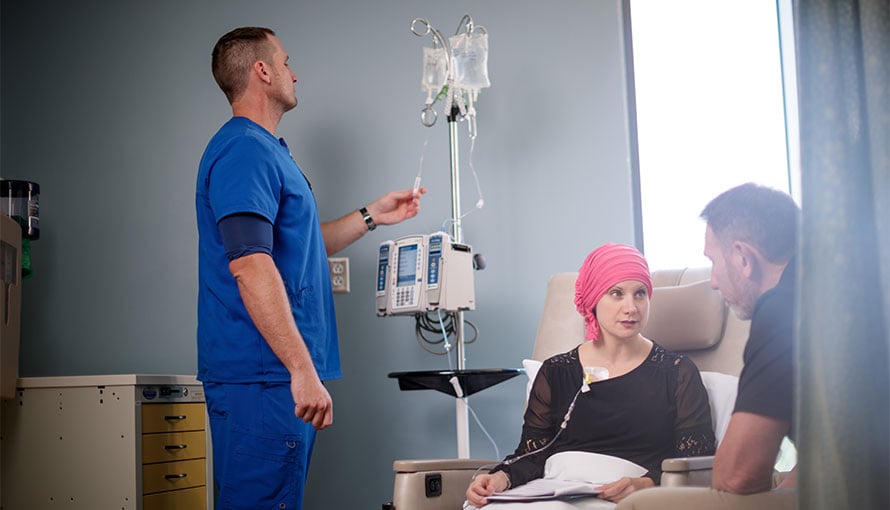
- Uses drugs to kill cancer cells
- Often administered before surgery to shrink tumors
- It can also be used after surgery to eliminate remaining cancer cells
- May be combined with radiation to increase the effectiveness
3.Radiation Therapy
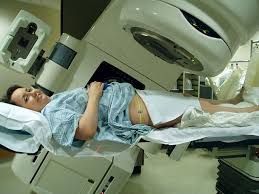
- Employs high-energy rays to destroy cancer cells
- Used alongside chemotherapy
- It can be used post-surgery to prevent recurrence
4. Targeted Therapy
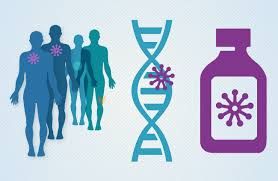
- Involves drugs that target cancerous cells
- Targets based on genetic markers
- Sparing more normal cells from damage
5. Immunotherapy
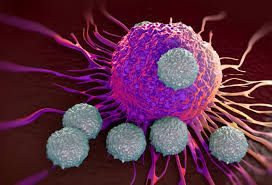
- Boosts the immune system to recognize better and combat cancer cells
- Suited for tumors with specific molecular profiles
Why Personalized Treatment Plans Matter
Personalized treatment plans are crucial as they consider the unique aspects of the individual's cancer and general health, combining various therapies to optimize outcomes and reduce side effects.
Your oncology team will discuss the most effective treatment options for your specific situation.
How do you handle the daily challenges of living with stomach cancer?
Living with Stomach Cancer
Managing this condition involves more than medical treatments; it's about adjusting your daily life to cope with the symptoms and improve your health.
- Managing Symptoms:
- Pain Management: Use prescribed medications and relaxation techniques like meditation to help control pain.
- Diet Adjustments: Eat small, frequent meals instead of large ones, which can help manage feelings of fullness and reduce discomfort.
- Staying Hydrated: Drink plenty of fluids to help digestion and avoid dehydration.
- Nutritional Advice:
- Easy-to-Digest Foods: Opt for soft, bland foods that are easier on your stomach, such as bananas, rice.
- Avoid Irritants: Steer clear of spicy, acidic, or fried foods that can aggravate your stomach.
- Nutrient-Rich Choices: Include protein-rich foods to help maintain your strength, like lean meats, eggs, and dairy, if tolerated (Only if doctors recommend).
- Lifestyle Adjustments:
- Regular Exercise: Engage in light activities such as walking or yoga, which can help maintain your energy levels and health.
- Stress Reduction: Try stress-relief techniques such as breathing exercises, yoga, or spending time on hobbies that relax you.
Stay positive and manage day-to-day challenges by making practical adjustments with our support. Schedule a consultation to discuss your recovery from stomach cancer.
Conclusion
Stomach cancer in young adults might seem unexpected, but by understanding the risk factors and recognizing the symptoms, you can take charge of your health. Early detection is critical, and with advancements in treatment, there's a lot of hope for young adults facing this diagnosis.
FAQs
Is stomach cancer hereditary?
Stomach cancer can be hereditary, especially in cases with a family history of the disease.
What are the long-term effects of stomach cancer treatment?
Long-term effects of stomach cancer treatment can include nutritional deficiencies and changes in digestion.
What lifestyle changes can I make to reduce my risk of stomach cancer?
To reduce the risk of stomach cancer, adopt a diet low in processed foods and rich in fruits and vegetables, and avoid smoking.
Reference
https://www.ncbi.nlm.nih.gov/pmc/articles/PMC6983757/
https://www.sciencedirect.com/science/article/pii/S2210261223008878






